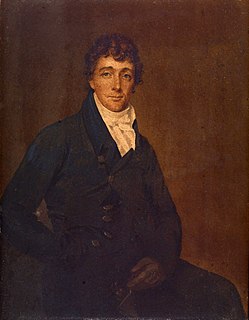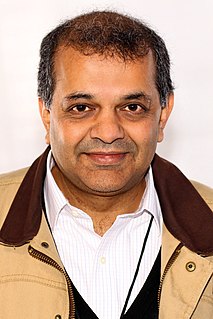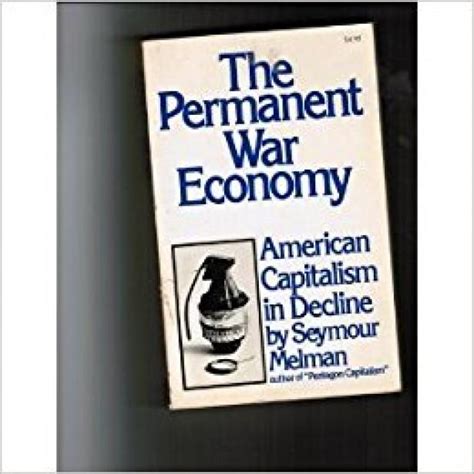A Quote by Zygmunt Bauman
Ingeniously, capitalism discovered that the economy may be moved not by satisfying existing needs, but by creating new ones.
Quote Topics
Related Quotes
I think the thing about capitalism is it's an evil necessity, capitalism. Communism has been tried and failed, and socialism, that doesn't work very well. Capitalism works, but the problem about capitalism is it does mean that a few individuals become very wealthy. Therefore, I think those individuals have enormous responsibility to redistribute that wealth either by creating new businesses or creating new jobs and making sure that money just doesn't lie in a bank account for future generations.
A city like Bombay, like New York, that is a recent creation on the planet and does not have a substantial indigenous population, is full of restless people. Those who have come here have not been at ease somewhere else. And unlike others who may have been equally uncomfortable wherever they came from, these people got up and moved. As I have discovered, having once moved, it is difficult to stop moving.
Capitalism is very far from a perfect system, but so far we have yet to find anything that clearly does a better job of meeting human needs than a regulated capitalist economy coupled with a welfare and health care system that meets the basic needs of those who do not thrive in the capitalist economy. If we ever do find a better system, I'll be happy to call myself an anti-capitalist.
We must acknowledge that we made a huge error in satisfying the lowest common denominator of the available human potential in Nigeria and we elevated what I call the reign of mediocrity. Quite frankly, I think it is about repudiating the past, creating space for new thinking for the best of the new generation, creating both political and geographical space and going at it with single mindedness that says, 'enough of buttering, sentiments and massaging the ego of the old brigade'.
We can't have extraordinary dynamism, innovation, and change in the economy and expect to have predictability and stability in our personal lives. It's not as if there are these big, giant institutions existing between us and the economy. In fact, these institutions have become tissue-thin. There is no mediation anymore. We are the economy; the economy is us.



































